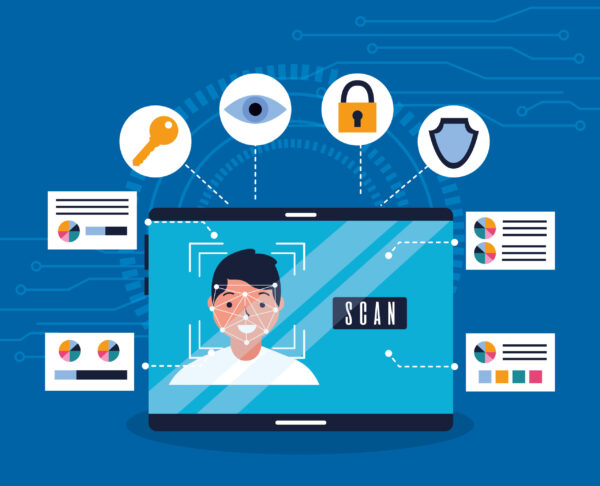Quantum computing has emerged as a revolutionary technology that holds the promise of transforming industries and solving complex problems that are beyond the capabilities of classical computers. In this article, we will delve into the potential and challenges associated with the rise of quantum computing.
Introduction to Quantum Computing
Quantum computing harnesses the principles of quantum mechanics to process information in fundamentally different ways compared to classical computing. While classical computers use bits that can be either 0 or 1, quantum computers use qubits, which can exist in multiple states simultaneously due to the phenomena of superposition and entanglement.
How Quantum Computers Differ from Classical Computers
Classical computers process information linearly, executing tasks one after another, whereas quantum computers leverage the power of superposition to process multiple possibilities simultaneously. This enables them to perform certain calculations exponentially faster than classical counterparts.
Quantum Entanglement and Superposition
Quantum entanglement is a phenomenon where qubits become interconnected in a way that the state of one qubit affects the state of another, regardless of the distance between them. Superposition, on the other hand, allows qubits to exist in multiple states at once, significantly expanding computational possibilities.
Applications of Quantum Computing
Cryptography and Data Security
Quantum computers have the potential to revolutionize cryptography by breaking existing encryption methods while also enabling the development of unbreakable quantum encryption techniques.
Drug Discovery and Material Science
The complex simulations required for drug discovery and material science can be accelerated by quantum computers, leading to the discovery of new drugs and materials at an unprecedented pace.
Optimization Problems
Quantum computers excel at solving optimization problems, such as route optimization for delivery services and resource allocation in various industries.
Challenges in Quantum Computing
Decoherence and Error Correction
Maintaining the delicate quantum states of qubits is a challenge due to decoherence, where qubits lose their quantum properties when interacting with the environment. Error correction techniques are crucial to address this issue.
Scalability and Qubit Stability
Scaling up the number of qubits while maintaining their stability is a significant challenge. Qubits are highly sensitive and prone to errors, making it difficult to build large-scale, error-free quantum computers.
High Operational and Infrastructure Costs
The infrastructure required for quantum computing, including extremely low temperatures and precise control mechanisms, comes at a high cost, limiting the accessibility of this technology.
Quantum Supremacy and Achievements
Quantum supremacy refers to the point where quantum computers can perform tasks surpassing the capabilities of classical supercomputers. In 2019, Google claimed to achieve quantum supremacy by demonstrating a calculation that would take traditional supercomputers thousands of years to complete.
Quantum Ethics and Societal Impact
The advent of quantum computing raises ethical concerns, such as the potential to break current encryption systems, which could have widespread security implications. Additionally, quantum computing’s societal impact, job displacement, and access to the technology need careful consideration.
Future Prospects of Quantum Computing
As research and development in quantum computing continue, we can expect breakthroughs in error correction, qubit stability, and scalability. Quantum computers could revolutionize fields ranging from artificial intelligence to climate modeling.
Conclusion
In conclusion, quantum computing holds immense potential to reshape industries and solve problems that are currently unsolvable with classical computers. However, challenges like decoherence, scalability, and ethical considerations must be addressed for quantum computing to fully realize its potential.




